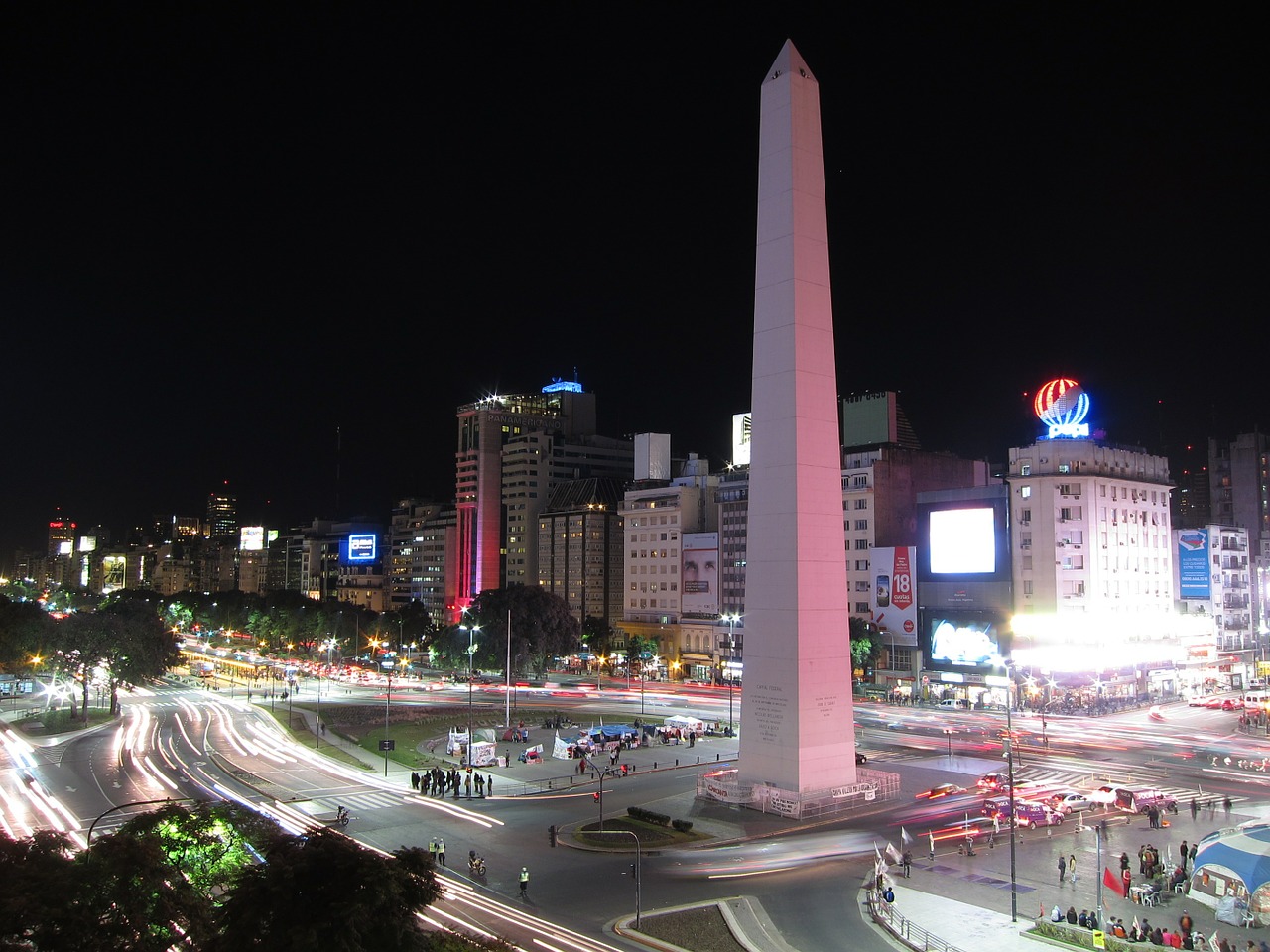

Despite an ongoing financial crisis, capital controls, and increasing measures to restrict access to foreign currencies, some industries in Argentina are doing well.
Specifically, blockchain in Argentina is continuing to grow at a steady pace and, according to a recent survey, it is now leading the region.
Last month, at the Labitcoinf 2019 held in neighbouring Uruguay, a spotlight was shone on cryptocurrencies and blockchain technology.
As the most important conference in the region, during the event, it was announced that blockchain companies in Argentina had grown by 10% during 2019.
It also emerged that Argentina is way out in front in terms of quality projects, leading some to believe that while it is still very much in its infancy, blockchain in Argentina has a very promising future.
There are many factors that are increasing the speed of implementation of blockchain in Argentina over other developing countries.
In recognition of its qualities and potential use in the finance field, blockchain is now one of the four main topics of the Central Bank of the Republic of Argentina’s (BCRA) remit.
The financial crisis has a huge part to play in this. Unlike previous crises in Argentina, there are now new alternatives to traditional problems.
Those accustomed to converting their national currency, the Argentine peso, into dollars now find their options increasingly limited. As such, many young Argentinians are now choosing alternatives such as Bitcoin instead.
The country’s population is highly tech-savvy, and citizens even have the option to top up their Buenos Aires transport cards (the SUBE) with Bitcoin.
Another factor that makes this country ripe for blockchain adoption is the cost and complexity of traditional banking. As much as 52% of Argentinians are unbanked and financially excluded.
This means that more than half of the country’s population does not have a bank account. They also cannot obtain credit through traditional means or save through traditional vehicles.
This exclusion is once again turning many people towards financial alternatives such as cryptocurrency.
The number of users registered on different cryptocurrency platforms has grown rapidly in Argentina.
The Ripio cryptocurrency exchange, for example, started operations in 2013 and now has more than 240,000 users. Bitcoin trading on peer-to-peer trading platform LocalBitcoins also registered a new all-time high in December in terms of trading volume.
Moreover, the Private Capital Investment Association in Latin America states that more than $6.5 million was invested in blockchain companies in Argentina between January 2018 and May 2019.
Blockchain in Argentina has the potential to tackle many problems. By allowing for traceability, accountability, and the removal of intermediaries, the country’s complex financial system could be turned on its head.
In fact, many companies are already seeing success with the technology. There are currently 55 blockchain or cryptocurrency companies registered in Argentina, and many are already showing a promising return on investment.
Blockchain in Argentina is showing steady growth despite unfavourable market conditions.
Moreover, Argentina’s population is increasingly turning to cryptocurrencies like Bitcoin as a means of shielding their wealth from rising inflation.
As more and more use cases for blockchain emerge, it will be interesting to see how many of them come out of Argentina.
Denver, Colorado, 24th February 2025, Chainwire
Denver, Colorado, 20th February 2025, Chainwire
Washington, D.C., 18th February 2025, Chainwire
Dubai, UAE, 27th January 2025, Chainwire
Those who enter the market at this time may be surprised to hear that Bitcoin…
George Town, Grand Cayman, 22nd November 2024, Chainwire